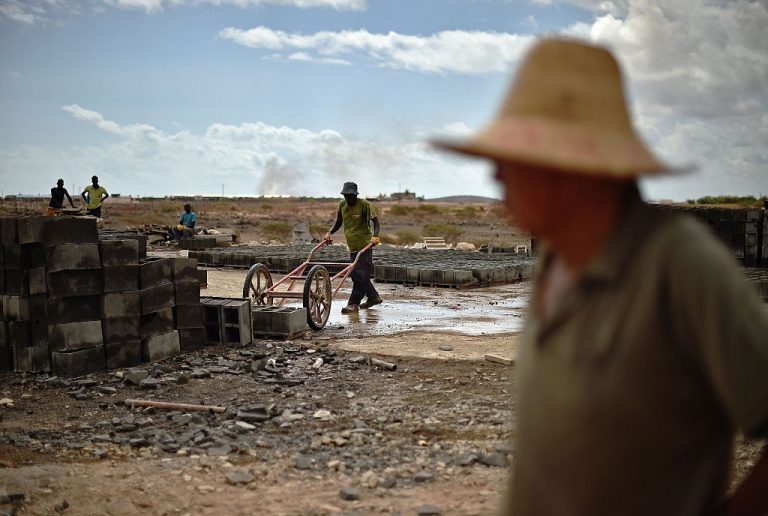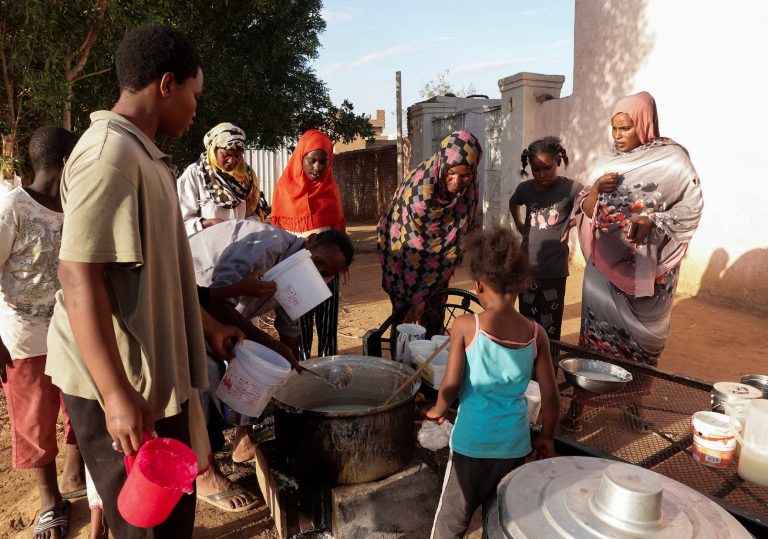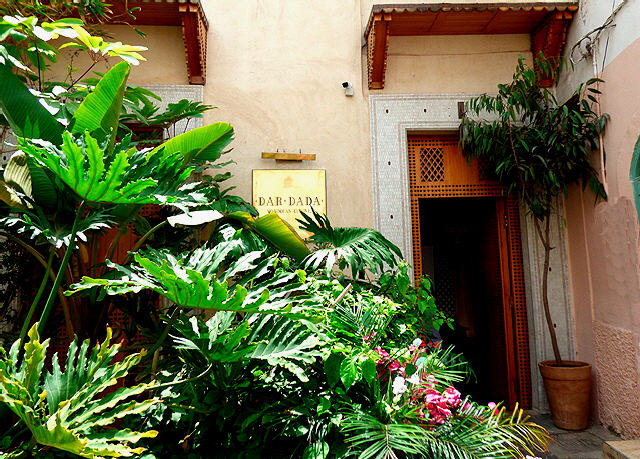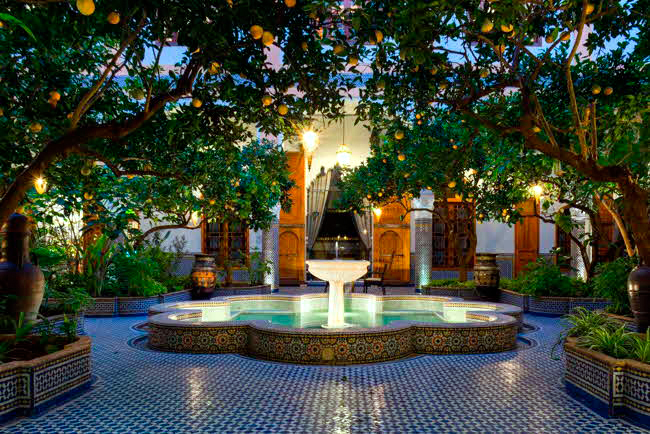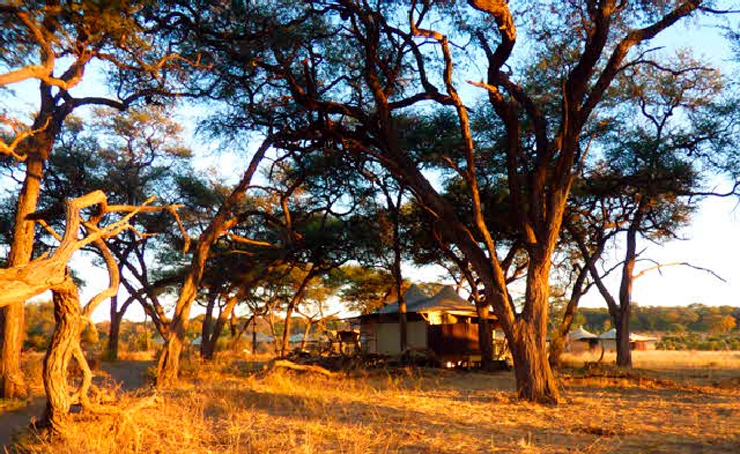The Nigerian government is reportedly in talks with non-Chinese sources to fund its future railway projects. Nigeria has one of the most extensive rail networks in Africa, only trailing behind South Africa in terms of length. However, much of Nigeria’s railway is in disrepair. Communist China has been a big backer of railway projects in Nigeria.
The China Civil Engineering Construction Corporation (CCECC), Communist China’s state-owned enterprise, has completed two standard-gauge railway segments in Nigeria – one that links Lagos to Ibadan and another that links Abuja to Kaduna. Much of the funding for these two projects came from China’s Eximbank.
The Nigerian government expects Eximbank to provide CCECC with $5.3 billion in funds to extend the Lagos-Ibadan rail line to Kano, a trading center located in Nigeria’s northern region. Both the Abuja-Kaduna and Lagos-Ibadan rail lines have been built under China’s Belt and Road Initiative (BRI).
In an interview with Bloomberg, Transport Minister Rotimi Amaechi indicated that his country is done with Chinese funding. “We’ve moved away from China in some of our projects,” Amaechi said.
For its new rail projects, Nigeria is looking at funding sources from the West. Amaechi indicated that the country is in talks with Standard Chartered Plc to fund two projects worth $14.4 billion, both of which were previously expected to be funded by Chinese lenders.
- One would be a $3.2 billion reconstruction of the Eastern Line that connects Port Harcourt with Maiduguri, which Amaechi had earlier said was backed by “a syndicate of Chinese financiers.”
- The second would be the Coastal Line project connecting Lagos with Calabar. Back in 2014, the CCECC had signed an $11.2 billion contract with the Nigerian government for the project. Amaechi said that the Nigerian government plans on completing the construction of the rail in segments.
Success
You are now signed up for our newsletter
Success
Check your email to complete sign up
Nigerian finance minister Zainab Ahmed is overseeing the government’s talks with Standard Chartered for the infrastructure loans. The bank has had a presence in Nigeria for more than two decades. Out of the $9.7 billion in investments given by banks to Nigeria last year, $2.5 billion was from Standard Chartered, the most among all banks.
In addition, Nigeria is also building a railway from Kano to the neighboring nation Niger and has contracted a construction company from Portugal. It is in talks with Germany’s KfW state bank, Africa Finance Corp, and Credit Suisse Group AG for raising $2 billion for the project.
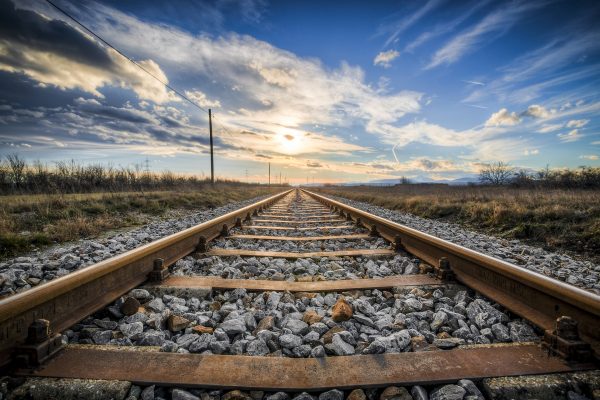
According to a March 31, 2021 report from the Nigerian Government which detailed the nation’s external debt, the country owes $3.4 billion in bilateral loans to China, the highest among all nations. Of the total $4.18 billion in bilateral debt, China accounted for 81 percent.
Some media reports speculate that avoiding more loans could be a government policy to prevent further exposure to the communist country and its predatory loan policies. Last year, Nigeria spent 12.6 percent of its external debt payments, which totaled $195.5 million, to pay back Chinese debt.
Some Nigerian lawmakers have expressed concerns that Chinese loans could result in the loss of sovereignty in case of defaults. In February this year, Nigeria even raised its limit on the amount of public debt, up from 25 percent of GDP to 40 percent. The debt office stated that the new level is “still well below the World Bank and IMF’s recommended threshold of 55% for countries in Nigeria’s peer group.”
Halting Chinese projects
Several African nations have ditched Chinese infrastructure proposals due to debt concerns.
In 2018, Sierra Leone canceled a Chinese-funded project to build an airport outside the nation’s capital city Freetown. The project cost $400 million. Aviation Minister Kabineh Kallon told the BBC that the project wasn’t actually necessary and that the government would focus on renovating its existing international airport. “I do have the right to take the best decision for the country,” he said.
In 2019, Tanzania suspended the $10 billion Bagamoyo port project, a key component of the BRI project that would have been the largest gateway to East Africa if completed. Tanzanian President John Magufuli accused the Chinese backers of the project of being “exploitative,” saying that their “tough conditions… can only be accepted by mad people.”
“They want us to give them a guarantee of 33 years and a lease of 99 years, and we should not question whoever comes to invest there once the port is operational. They want to take the land as their own but we have to compensate them for drilling construction of that port,” he said to ENR.
Some African nations are finding it difficult to repay Chinese loans. In Kenya, the government is struggling to repay its debts. Kenyans trended the tweet #StopGivingKenyaLoans in April.
Chinese loans made up 21 percent of Kenya’s external debt. Between 2010 and 2018, the African country borrowed almost $9 billion from communist China. Back in 2014, Kenyan debt to China stood at $737 million. But by December 2019, it had shot up to $6.4 billion, an increase of 766 percent.
As of 2020, African nations with the highest debt owed to China are: Angola with $25 billion; Ethiopia with $13.5 billion; Zambia with $7.4 billion; the Republic of Congo with $7.3 billion; and Sudan with $6.4 billion.



